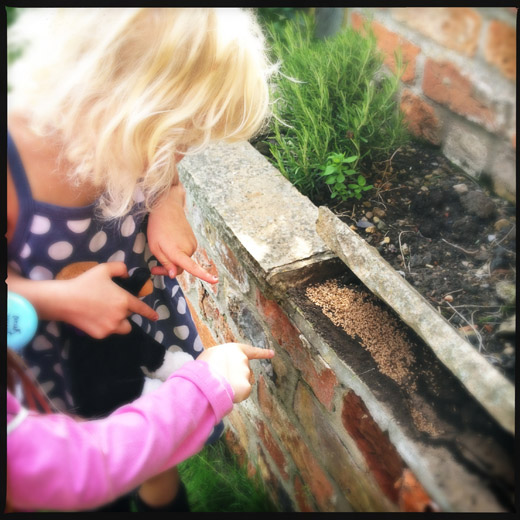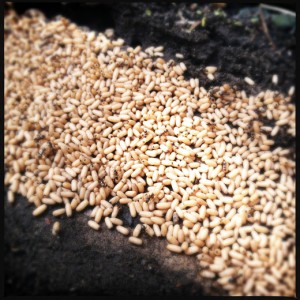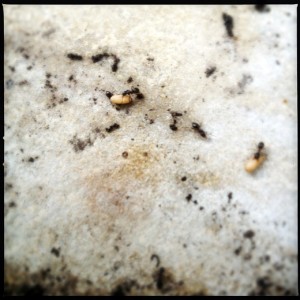-
Archives by Category
- Products (5)
- Campfire cooking (1)
- The Mighty Eagle (7)
- Activities (79)
- Foraging (16)
- Edible flowers (2)
- Treasure hunting (7)
- Summer (14)
- Fishing (8)
- Caravanning (1)
- Climbing (1)
- Fire lighting (5)
- Den making (6)
- Foraging (16)
- Featured (2)
- Recipes (22)
- Game (3)
- Foraging recipes (9)
- Fish recipes (3)
-
Archives by Month
- July 2015 (14)
- March 2013 (1)
- December 2012 (3)
- November 2012 (2)
- July 2012 (14)
- June 2012 (28)
- May 2012 (17)
- April 2012 (11)
- January 2012 (4)
- October 2011 (1)
How do you set up your own ant colony?
This can be done in a tank or even in your garden. We show you how to establish your very own children’s pet ant colony. It is cheap to maintain, can last for years and educates them about wildlife.
Firstly you need to find a queen ant – these are ones with large thoraxes and wings. Then you need to establish them in a suitable location.
Queen ants can be found in existing nests – but taking them away will kill the ants that live there already. The best option is to find one that needs a home.
Just before thunderstorms, you often find flying ants being pushed out of ant’s nests to go off and mate and start their own colonies. Generally the flying ants are a mix of female queens and males. Being careful not to get bitten, you should use gloves ideally, catch a bunch in a jar using a spoon and then tip them out carefully under a log or in a crevice. Don’t cover the new colony as the ants could suffocate, instead leave loose material around their new home.
Also all ants can bite, so you really shouldn’t do this with aggressive species like red ants. Once they are settled watch what happens. You may be lucky and this could turn into a colony.
Make sure you feed your ants with tiny bits of fruit and vegetables and sugar. Also don’t forget that ants need water, so a cotton wool ball soaked in water is a good way of providing them with this.
After the queen has started to make her colony her wings will fall off and workers will be born from the larvae. If you are lucky your colony could last for a few years.






